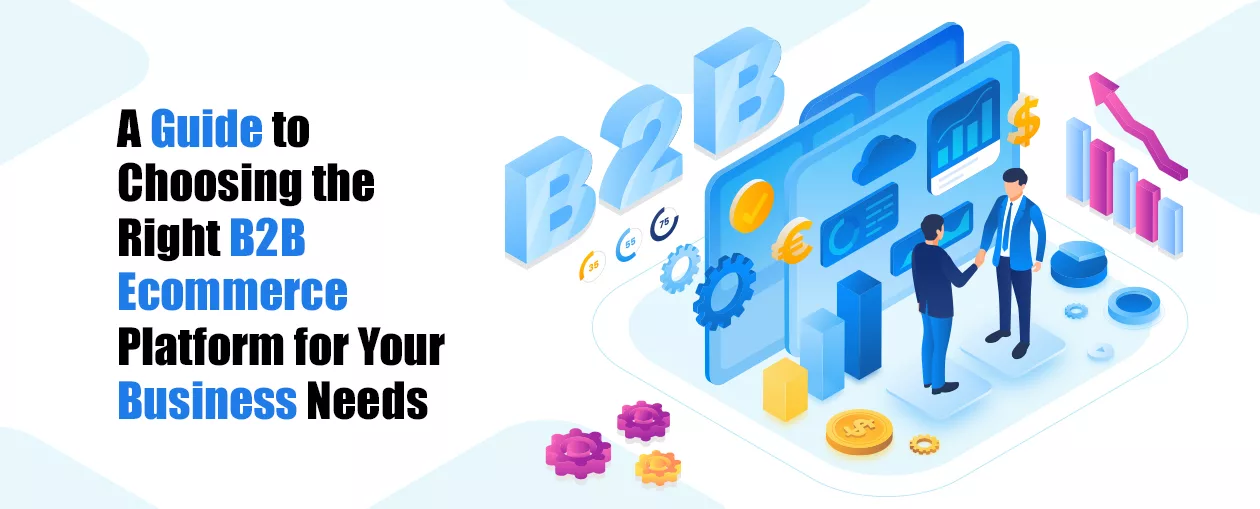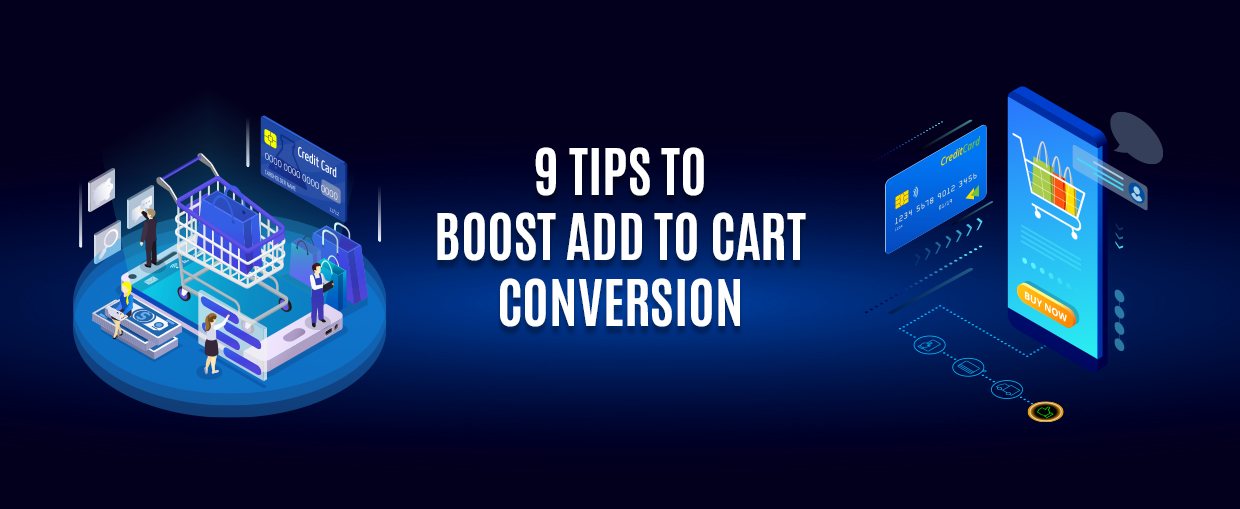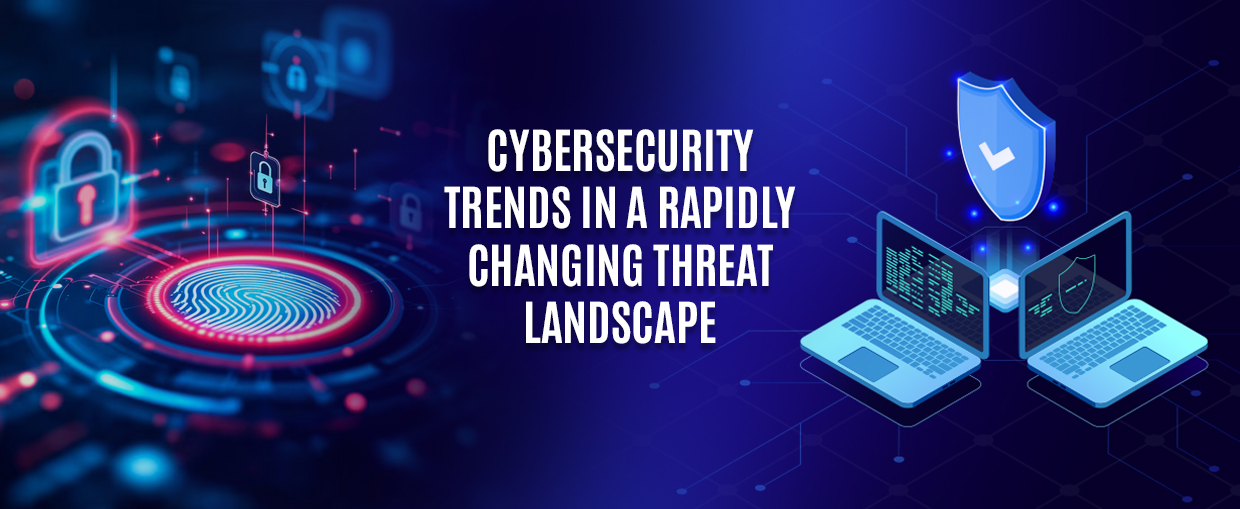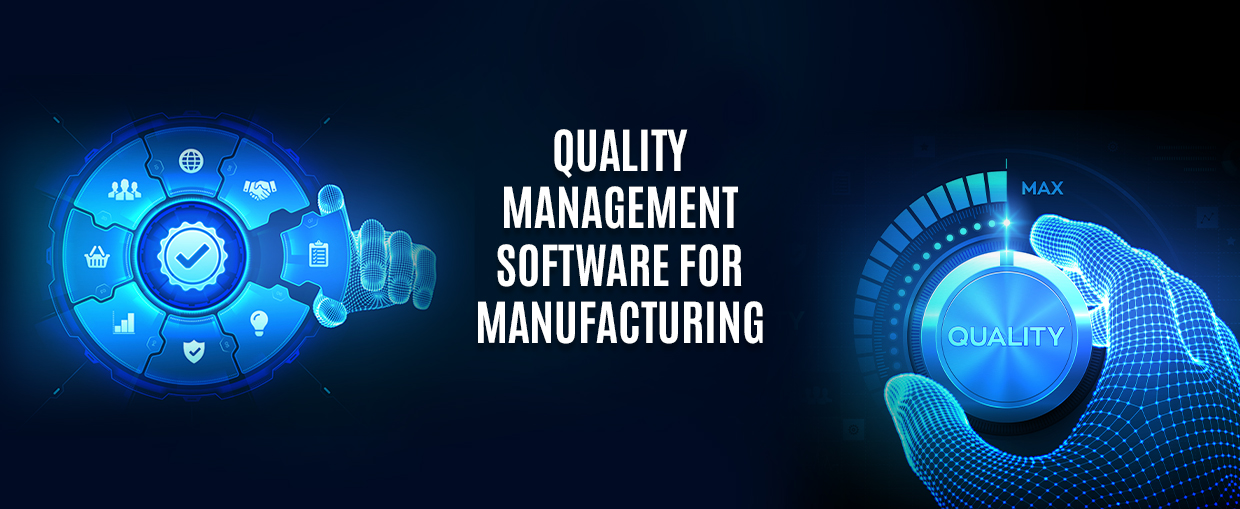Selecting the right B2B ecommerce platform is essential to provide your customers with a seamless online shopping experience and drive business growth. However, choosing the best B2B ecommerce platform can be a complex task that requires careful consideration of several factors. At Cleffex we specialize in developing resilient and adaptable solutions that cater to the expanding requirements of your ecommerce business.
The B2B ecommerce industry is rapidly growing and expected to reach $2 trillion by the end of this year. To remain competitive, businesses need to provide a seamless and personalized online shopping experience with modern tools. This requires a comprehensive B2B ecommerce platform that serves as a self-serve option for B2B buyers.
This blog provides in-depth insights on how to choose the ideal B2B ecommerce platform for your company.
B2B ecommerce Platform
A B2B ecommerce platform is a type of ecommerce software designed to enable businesses to sell products and services to other businesses, rather than individual consumers. These platforms offer a range of features, such as bulk ordering, quote requests, order tracking, and account management, to meet the specific needs of B2B ecommerce. To ensure that a B2B ecommerce solution meets the desired outcomes, it must possess the following characteristics:
- Flexibility: B2B ecommerce software should be customizable to provide personalized shopping experiences to B2B buyers.
- Scalability: The software architecture should be scalable and robust to accommodate future growth and expansion needs.
- Reliability: PCI compliance and user data protection are essential for maintaining the trust and confidence of B2B customers.
- User-friendliness: The B2B ecommerce platform should be easy to use and optimize for improved offerings and increased conversions.
Factors to Keep in Mind When Selecting a B2B ecommerce Platform
B2B buyers nowadays expect an online shopping experience comparable to that of B2C ecommerce websites. They conduct online research, use mobile devices like smartphones and tablets, and anticipate comprehensive product information. It’s not merely about offering the right products at the most competitive prices; B2B buyers are seeking the most satisfying online shopping experience possible.
When selecting an ecommerce platform for your B2B ecommerce website, there are several important considerations to keep in mind. Consider the following important factors:
- On-premise or On the Cloud: Where is the platform hosted?
Choosing between on-premise or cloud-hosted B2B ecommerce platforms affects how your business is managed. On-premise provides complete control over your data but has high upfront and ongoing maintenance costs. Cloud-hosted platforms have lower upfront costs and less IT resources but require trust in cloud vendors. Businesses with strict privacy or regulatory requirements may prefer on-premise hosting, while others can choose a cloud-based platform based on their needs, budget, and preferences.
2. Is the platform open-source?
When choosing a B2B ecommerce platform, it’s important to consider whether the platform is open-source. Opting for an open-source ecommerce platform provides you with the flexibility to modify the code to suit your specific needs. This provides limitless creative freedom when it comes to designing and setting up your B2B website.It’s particularly beneficial if you have app developers in-house, as it allows for complete management and streamlining of the development process.
An excellent example of an open-source B2B ecommerce platform is Magento, which can be downloaded, self-hosted, and customized according to your business’s unique requirements.
3. Pre-built templates
Having pre-built templates in a B2B ecommerce platform can be a significant advantage for businesses as they offer a cost-effective and efficient way to launch an online store. Instead of spending valuable time and resources creating a website from scratch, businesses can choose from a variety of pre-built templates that match their brand and style. This helps businesses launch their online store quickly, with fewer expenses and less hassle. Additionally, pre-built templates provide consistency and structure, helping businesses create a professional and user-friendly website. These templates are specifically built with B2B commerce in mind, which means they can streamline sales processes and provide a better customer experience.
4. Business requirements
It is crucial to consider business requirements when selecting a B2B ecommerce platform. This ensures that the platform can cater to the specific needs of the business. Some important aspects to keep in mind while evaluating platforms include:
• Checking whether the platform supports the products or services offered by the business.
• Confirming if the B2B ecommerce platform supports the payment methods used by the business.
• Verifying if the platform can integrate with other systems like CRM or ERP for a streamlined workflow.
• Checking if the platform offers a user-friendly experience for customers, with a simple interface and fast, reliable checkout process.
• Ensuring that the platform can handle increased traffic and sales.
• Confirming that the platform has robust security features and meets industry standards.
• Checking if the platform is within the business’s budget or offers customization plans to accommodate budget requirements.
By thoroughly evaluating these business requirements, a suitable B2B ecommerce platform can be chosen that provides the necessary foundation for online sales.
5. Purchase Related Requirements
When selecting a B2B ecommerce platform, it’s important to consider the purchase-related requirements that are specific to B2B transactions. Unlike B2C purchases, B2B transactions often involve bulk orders and require specific features to ensure a secure and streamlined experience. To facilitate effective communication between sellers and buyers, B2B ecommerce platforms must provide a range of features throughout the entire customer journey, including pre-purchase, purchase, and post-purchase stages.
Pre-Purchase
Before purchasing a B2B ecommerce solution, consider if it offers the following options:
- This involves setting up a primary account on which multiple child accounts can be created, each with their own permissions, credit limits, workflow, and other relevant settings.
- Setting attributes for customer groups like pricing and minimum order quantity.
- Including an advanced search function that lets customers find products easily
- Providing sales literature like product features, technical specifications, and product images in different formats such as PDFs, videos, and images.
- Enabling varying price levels depending on factors such as customer groups, order quantity, order history, and payment terms.
Purchase
During the purchase process, a B2B ecommerce platform should offer features such as setting minimum order quantities, providing tools to configure products, creating online quotes, and allowing approval of orders by parent accounts. Additionally, there should be an option to set credit limits, payment terms, and settle invoices through a single or multiple payments.
Post-Purchase
After purchase, you should consider:
- Integrating your ecommerce platform with your ERP system to automate order fulfillment and improve customer experience.
- Providing a sales portal for your sales team to access customer information and order status.
- Allowing customers to save shopping carts or lists for future orders.
- Supporting multiple warehouses for efficient order fulfillment.
6. Security
Choosing a secure B2B ecommerce platform is crucial as it involves sensitive information, such as financial data, confidential business information, and personal data. B2B companies also have a legal obligation to comply with privacy regulations like GDPR. It’s essential to consider the security measures offered by the platform, such as encryption, SSL certificates, data backup and recovery, and compliance with industry security standards like PCI-DSS.
7. Cost
It’s crucial for B2B companies to consider their budget constraints when investing in a technology solution like an ecommerce platform. Before selecting a platform, it’s important to evaluate its total cost of ownership, including any potential hidden costs like transaction fees or ongoing maintenance expenses. It’s also important to consider the potential return on investment and whether the platform can scale with your business as it grows. By considering these factors, you can select an affordable B2B ecommerce platform that offers a strong return on investment.
8. Support & Resources
It’s important to consider the level of support and resources provided by a B2B ecommerce platform, as these platforms can be complex and users may require help navigating them. Technical support, user support, documentation, training, and community resources should all be taken into account to ensure that businesses can use the platform effectively and without any issues.
Ways in Which Your Choice of B2B ecommerce Platform can Impact Your Business
- Website Maintenance
When selecting a B2B ecommerce platform, it’s important to consider the maintenance requirements. An on-premise platform will require you to manage and pay for servers and address any site-related problems. On the other hand, a cloud-based platform will handle server hosting, software updates, and 24/7 monitoring.
- PCI Security
To ensure customers’ payment card information is secure, PCI compliance is critical for B2B ecommerce websites. The platform you choose will determine if you or a third-party team will develop and maintain the website’s security. Cloud-based platforms often provide this security for their clients, while other solutions require the client to ensure PCI compliance.
- Cost
The cost of a B2B ecommerce platform includes software license fees, maintenance costs, development costs, and IT team costs. Cloud-based platforms typically require a monthly fee for hosting, security, maintenance, and support, which can help reduce overall operating costs.
Key Features to Consider When Choosing a B2B ecommerce Platform
To ensure a smooth and satisfactory customer experience, a B2B ecommerce platform should offer the following functionalities:
1. A Personalized Experience
A personalized experience is a crucial feature of an ideal B2B ecommerce platform. It should offer customized catalog management, allowing sellers to tailor product lists to meet the unique needs of various businesses, units, divisions, or individual buyers. Many B2B ecommerce stores struggle because they lack flexibility and rely on standardized templates. However, every business has unique requirements that cannot be met with a one-size-fits-all approach. To ensure a successful B2B ecommerce experience, it is essential to choose a platform that is customizable and can provide a personalized experience to customers.
2. Responsive Design
Responsive design is an essential feature for all ecommerce platforms, including B2B platforms. It allows your website to be displayed accurately on different devices, such as desktops, laptops, tablets, and smartphones. With the increasing popularity of mobile devices for browsing and purchasing, it is crucial to have a responsive design that caters to the changing needs of modern customers. This feature allows buyers to switch between devices and complete their purchase seamlessly.
3. Flexible Payment Options
B2B transactions can be complex, and providing a seamless purchasing experience requires advanced functionality beyond what is typically needed in B2C ecommerce. This means delivering a sleek site design and functionality for large catalogs and segmented pricing, while still maintaining a B2C-like shopping experience. A key feature in achieving this is flexible payment options, which allow for different payment methods and installment strategies. It’s important to ensure that both online and offline payment options, such as credit cards, NEFT, IMPS, RTGS, etc., are available to users. Consequently, it improves the user experience.
4. Restricted Access
Restricted access is a necessary feature for B2B ecommerce platforms. Some businesses allow only pre-registered customers or sellers to place orders on their online stores. If you sell through a network of vendors, your ecommerce platform should provide access to only approved sellers. It’s important to secure your platform with a password and limit access to certain parts of the site for unregistered customers. This means that the landing page and product list should be accessible to everyone, while other parts of the site should be restricted.
5. Self-Service
In B2B ecommerce, self-service purchasing is a crucial feature as it allows buyers to access necessary information about products or solutions before making a purchase, such as shipping information, quote approvals, and other related details. It’s essential to ensure that your ecommerce platform has the capability to provide these features on your website for a seamless purchasing experience.
6. Integration With your Other Systems
Apart from considering platform types and features, integration is also a crucial factor to consider when choosing a B2B ecommerce platform. It is essential to ensure that the platform integrates seamlessly with your other systems for efficient multi-channel selling and a better customer experience. Before selecting a platform, evaluate how it will work with your ERP or POS system, and choose a cloud-based platform with a robust API for easier organization. It is also important to ask your B2B ecommerce platform provider about integration beforehand to avoid investing in a platform that cannot integrate with your ERP. In addition to these features, there are some essential questions that you should consider before making a decision.
7. Mobile Compatibility
Having a mobile-compatible B2B ecommerce platform is important as mobile devices are increasingly used for business purposes, including making purchases and accessing information. It allows you to reach your customers and clients wherever they are, whether they are at their desks or on the move. Additionally, a mobile-compatible platform provides a better user experience, making it easier for customers to find products, place orders, and access information. This, in turn, can enhance your sales and increase productivity. Therefore, a mobile-compatible B2B ecommerce platform is crucial for businesses.
8. Analytics & Reporting
Analytics and reporting capabilities are critical for evaluating the performance of a B2B ecommerce platform. They help businesses gain insights into which products are selling well, the most active customer segments, and traffic sources. With such data, businesses can make informed decisions on marketing and sales strategies, as well as improve customer experience and increase customer loyalty. Additionally, having analytics and reporting features in a B2B ecommerce platform saves time and increases productivity by automating the report generation process. Hence, it is crucial to have a B2B ecommerce platform with robust analytics and reporting capabilities.
Important Note
When evaluating a B2B ecommerce platform, it’s important to ask questions about social media integration, catalog management, and customer service. Some key questions to ask include:
How does the platform handle social media integration?
What options are available for catalog management?
What kind of customer service and support is provided, and how responsive are they? Also ask about the migration processes, and available support staff.
The Most Popular B2B ecommerce Platforms
1. Magento
Magento is a leading open-source B2B ecommerce platform that offers reliable and cloud-based ecommerce solutions with extensive native B2B functionality. It provides personalized buying experiences, custom catalogs, and pricing, as well as robust merchandising. Magento is a single platform for both B2B and B2C, integrates easily with backend systems, and supports corporate accounts. The platform allows for multi-channel selling, effortless management, and detailed reporting, including quoting and negotiations and optimized inventory and order processing. However, Magento can be challenging to handle without a technical background or an in-house team. Additionally, the hefty price tag of the enterprise version, starting at $20,000 annually, makes it less suitable for small businesses. Therefore, Magento is recommended for enterprise-level web stores with a vast amount of products and highly-technical management.
2. Salesforce Commerce Cloud
Salesforce Commerce Cloud is a popular cloud-based ecommerce platform used by over 180 companies worldwide. It offers several benefits, including LINK partners that can help with design, marketing, and merchandising, a cloud-based platform that is highly accessible and mitigates the risk of lost data, and advanced SEO and marketing tools. Salesforce also offers online classes, in-person training, and 24/7 customer support.
However, it can be expensive, with additional costs in commission or licensing fees for every sale, and overage fees if you sell more than your contracted amount. It is best suited for large-sized, enterprise-level retailers that need a customized, all-inclusive B2B ecommerce solution, and who are tech-savvy and familiar with code.
3. Shopify Plus
Shopify Plus is a widely used B2B ecommerce platform that currently powers nearly a million online shops, including big brands like Tesla, Motorola, Adidas, and L’Oreal. As a B2B merchant, choosing Shopify Plus has several benefits, including launching multiple websites from a single backend, dedicated storefronts for global ecommerce, 24/7 e-store performance, and integration with 20 sales channels and 1500+ built-in apps. However, there are some downsides, such as additional transaction fees if you don’t use Shopify Payment and the need to pay for customization with Shopify’s coding language, Liquid. Overall, Shopify Plus is a good option for startups in the ecommerce business looking for an easy-to-use and customizable ecommerce solution that fits their budget. Shopify offers various packages, ranging from $29 to $299 per month, based on your needs.
4. BigCommerce
BigCommerce is an ecommerce platform suitable for B2B businesses of all sizes, from SMEs to big names like Toyota and Martha Stewart. BigCommerce offers an extensive list of built-in features that are beneficial to non-tech-savvy people, making it ideal for entrepreneurs who don’t have programming teams. Some of its benefits include stylish and responsive B2B ecommerce websites, simplified segmentation, discounted and custom pricing, and access to B2B-specific payment solutions. However, BigCommerce lacks support compared to other platforms and has only seven free themes. Nevertheless, users can always choose premium themes and enjoy various customization options to give their store a unique identity. In conclusion, if you’re looking for an ecommerce store without technical hurdles, BigCommerce is a great option.
5. PrestaShop
PrestaShop is an open-source B2B ecommerce software that offers a lot of flexibility and personalization options. It’s an excellent option for small businesses that want to set up an ecommerce store without spending too much money. PrestaShop offers a range of themes and modules to customize your online store. Some of the benefits of using PrestaShop include customizable checkouts, support for multiple currencies and global selling, marketing reports and analytics, and secure payments. However, there are some downsides, such as limited scalability, no official support, expensive add-on modules, and high maintenance costs. Overall, PrestaShop is a good option for small-scale B2B businesses on a tight budget.
Conclusion
In conclusion, the selection of a B2B ecommerce platform is contingent on the specific requirements, financial resources, and technical proficiency of your business. It’s essential to thoroughly research each platform’s pros and cons before making a decision to ensure that you choose the right platform for your business.
Collaborating with a proficient software development company that offers top-notch ecommerce development services and app development services can be beneficial for your business. Make sure to hire developers who possess the appropriate skill set and expertise for your project.
Cleffex provides experienced and knowledgeable software developers who are skilled in delivering projects according to your specific requirements. Contact us! We are here to help you!









